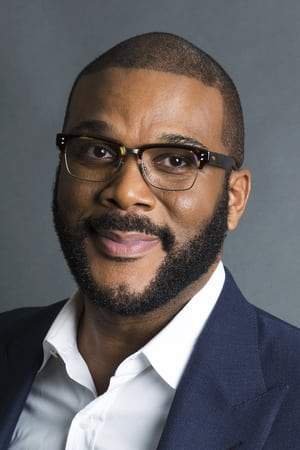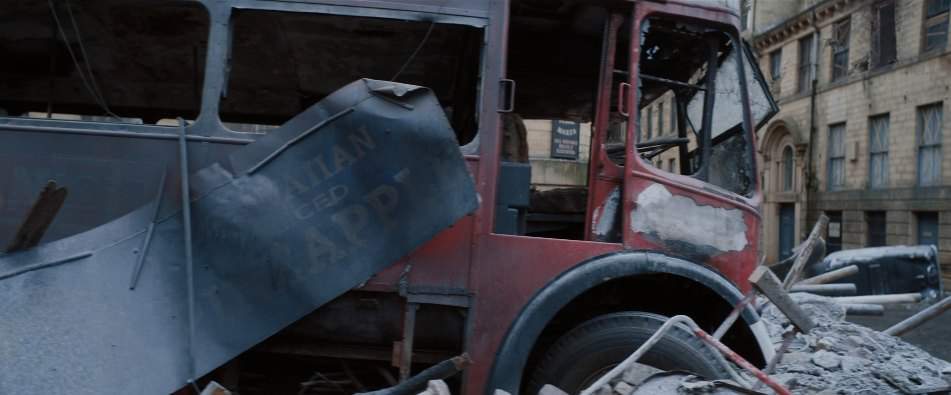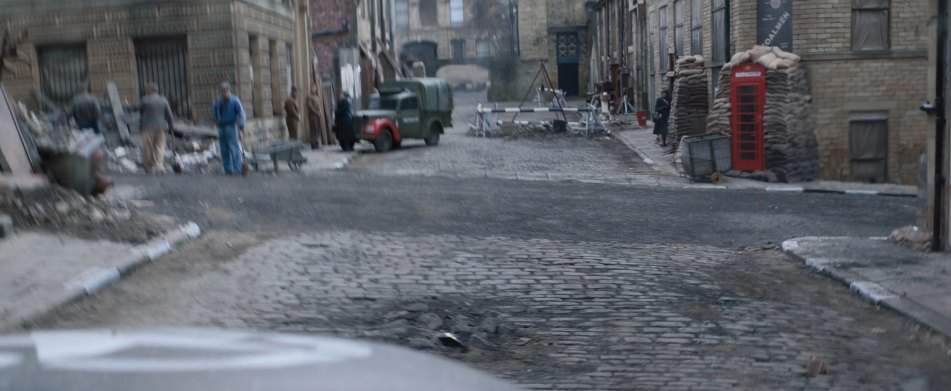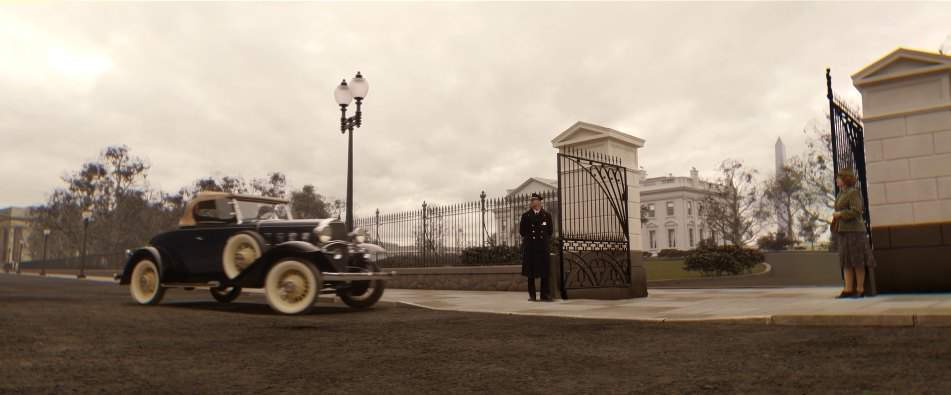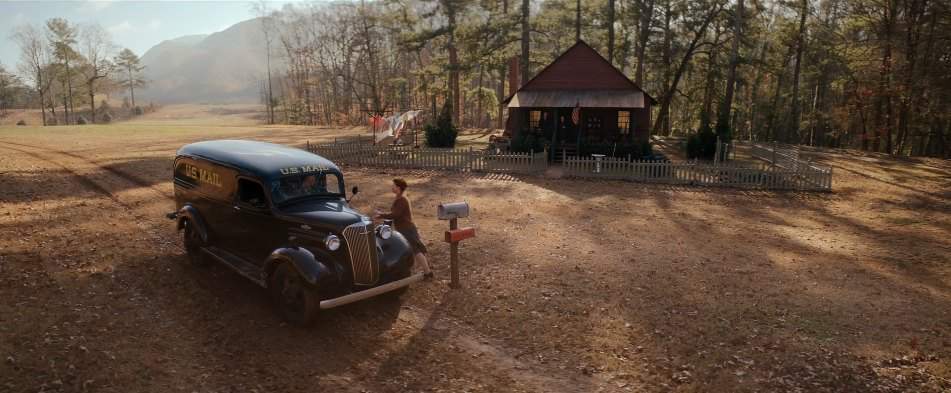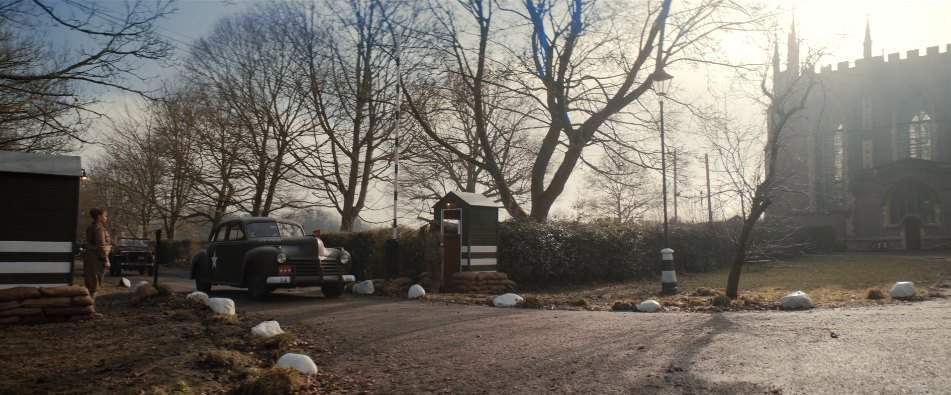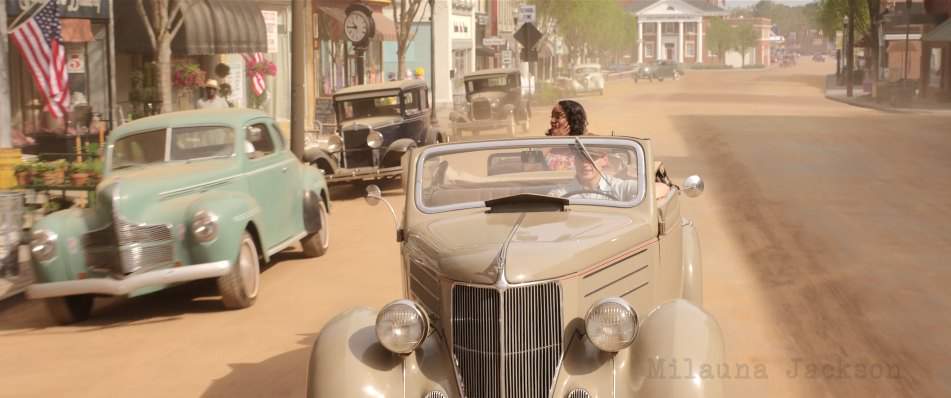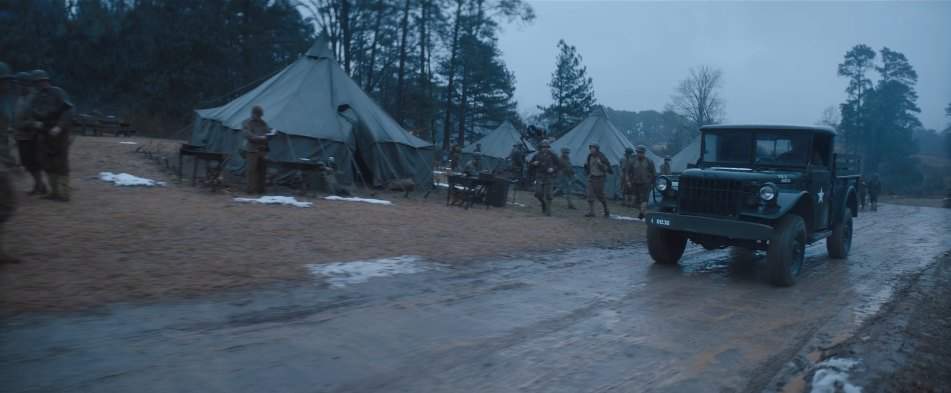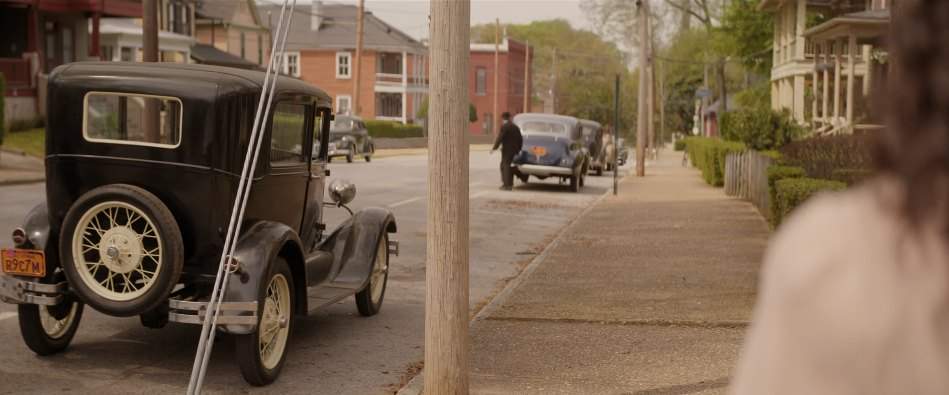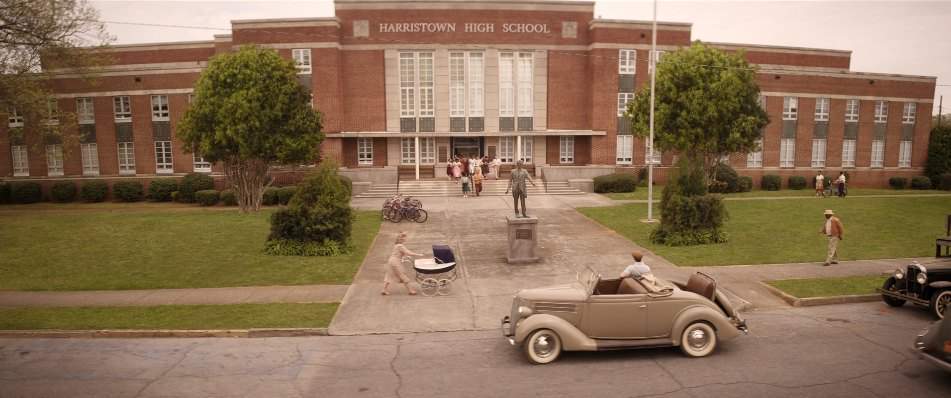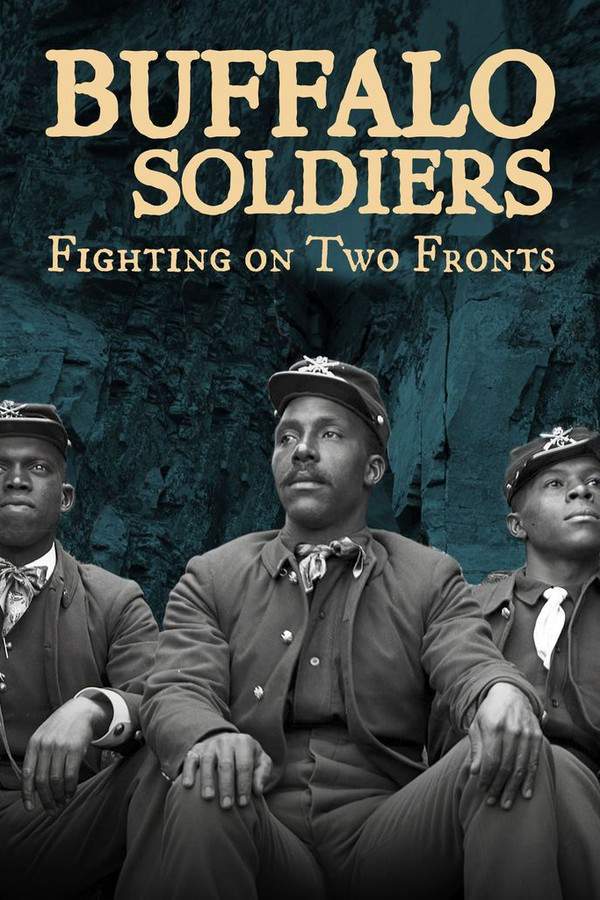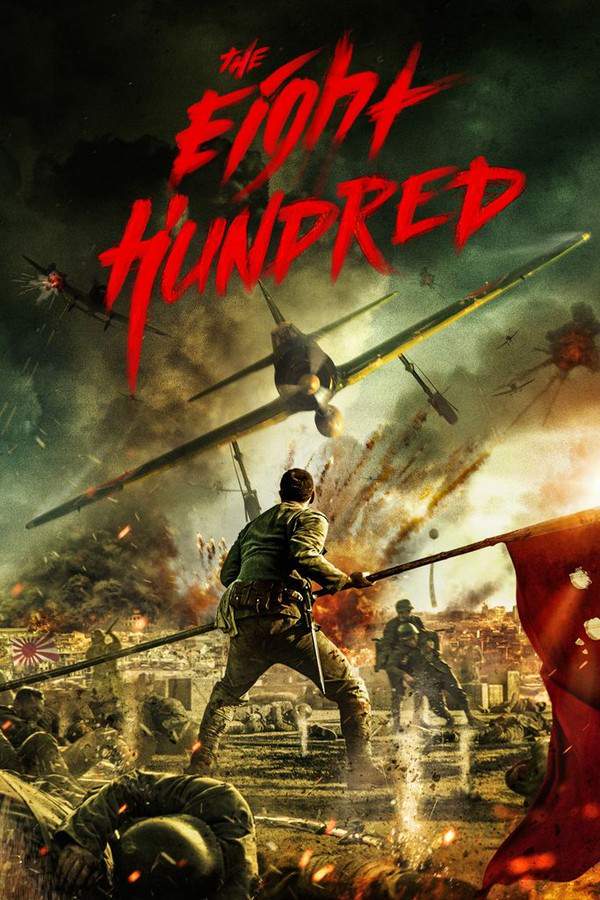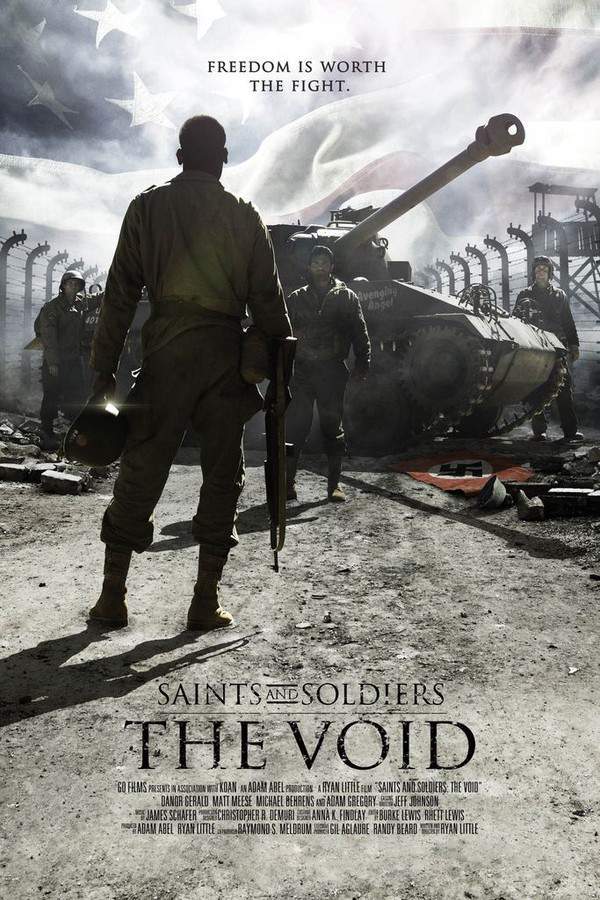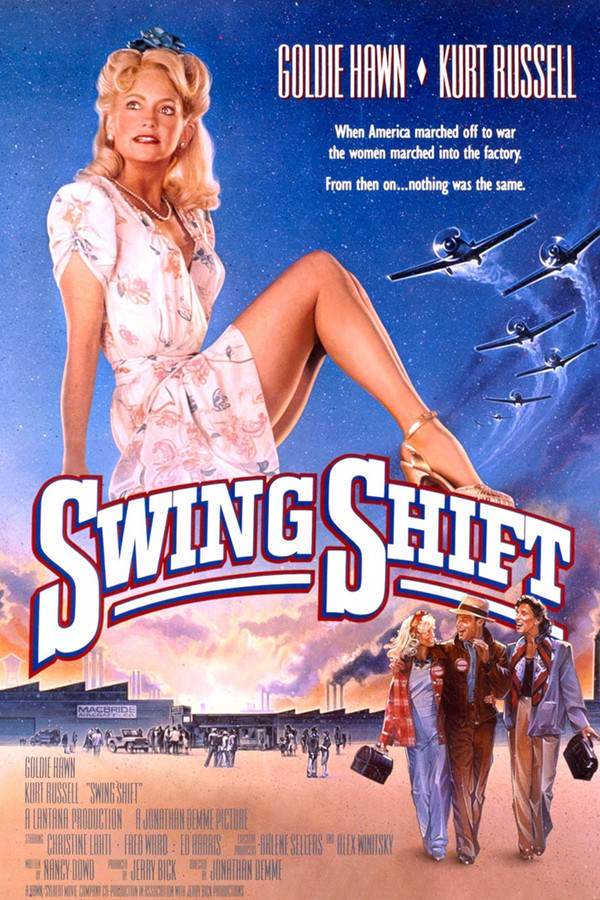The Six Triple Eight 2024
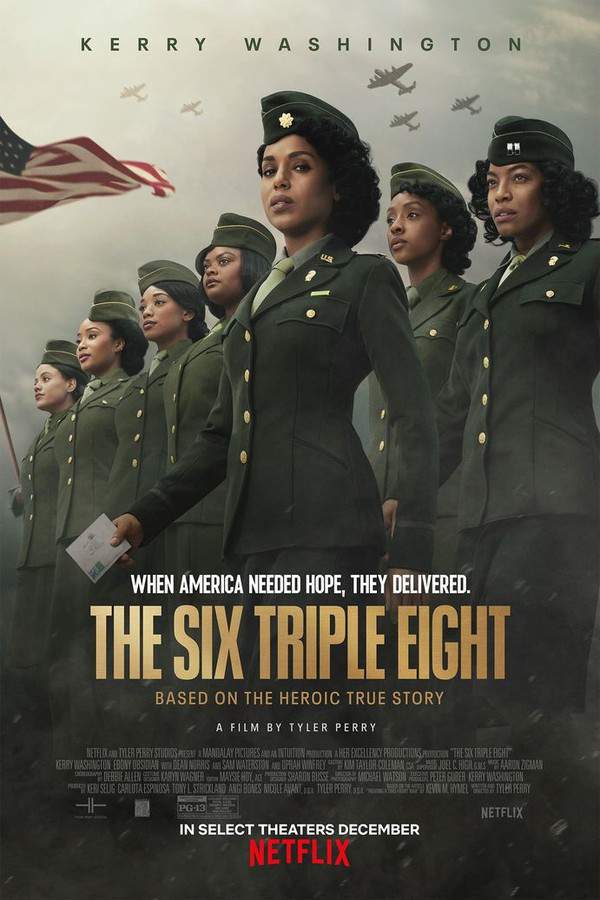
Inspired by a true story, this film follows the first and only African American women’s battalion to serve overseas during World War II. Tasked with a critical and extraordinary mission, these women faced prejudice and adversity while working to support the war effort and break down barriers.
Does The Six Triple Eight have end credit scenes?
No!
The Six Triple Eight does not have end credit scenes. You can leave when the credits roll.
Meet the Full Cast and Actors of The Six Triple Eight
Explore the complete cast of The Six Triple Eight, including both lead and supporting actors. Learn who plays each character, discover their past roles and achievements, and find out what makes this ensemble cast stand out in the world of film and television.
External Links and Streaming Options
Discover where to watch The Six Triple Eight online, including streaming platforms, rental options, and official sources. Compare reviews, ratings, and in-depth movie information across sites like IMDb, TMDb, Wikipedia or Rotten Tomatoes.
Ratings and Reviews for The Six Triple Eight
See how The Six Triple Eight is rated across major platforms like IMDb, Metacritic, and TMDb. Compare audience scores and critic reviews to understand where The Six Triple Eight stands among top-rated movies in its genre.

The Movie Echo Score
The Six Triple Eight offers a respectful recounting of a little-known World War II battalion but struggles to maintain momentum. Critics frequently cite a measured pacing that seldom accelerates, while praise for historical illumination is tempered by observations of a TV-movie aesthetic and occasional narrative stiffness. User commentary highlights the emotional weight of the true story yet notes uneven execution. Overall, the film provides modest insight with limited dramatic impact.
The Movie Echo Score Breakdown for The Six Triple Eight

Art & Craft
In terms of cinematography and production design, the film delivers a clean but somewhat sterile aesthetic. Several critics note the picture’s tidy and unblemished presentation, describing it as slick yet reminiscent of a television production rather than a feature film. User feedback praises competent workmanship but observes a lack of visual depth. The overall art and craft yield a serviceable yet unremarkable visual experience.

Character & Emotion
When it comes to character depth and emotional resonance, the performances are solid but uneven. Praise centers on the lead actors’ ability to convey personal stakes and moments of genuine feeling, particularly in key emotional scenes. Conversely, some critics find the dialogue overemphasized and the character arcs underdeveloped, creating moments of emotional distance. The overall character work provides credible portrayals but stops short of deep engagement.

Story & Flow
Regarding plot coherence and pacing, the narrative often feels uneven and overly cautious. Multiple critiques describe the progression as sluggish with repetitive thematic statements, while occasional uplifting historical moments struggle to offset the film’s steady momentum. Some reviewers highlight illuminating beats about underrepresented history but criticize long expository sequences. The overall story delivers factual interest but lacks consistent dramatic propulsion.

Sensory Experience
In terms of the soundtrack and sound design, the film achieves occasional resonance yet remains restrained. The original song nominated for awards draws praise for its fitting emotional tone, and ambient details contribute to period authenticity. However, critics note that the soundscape is seldom used to amplify tension, and visual stylistic choices are described as tidy but unremarkable. The overall sensory experience is moderate with intermittent highlights.

Rewatch Factor
As for replay value and lasting appeal, the film offers limited incentive for multiple viewings. Observers frequently mention that once the historical facts are grasped, the film’s steady pacing and familiar structure reduce further engagement. Although emotional moments and personal stories retain some appeal, the heavy-handed messaging diminishes novelty. The overall rewatch factor is modest and unlikely to sustain repeated viewings.

51
Metascore
4.4
User Score


56%
TOMATOMETER

72%
User Score

/10
IMDb Rating

75
%
User Score

3.3
From 227 fan ratings

4.75/5
From 4 fan ratings
Take the Ultimate The Six Triple Eight Movie Quiz
Challenge your knowledge of The Six Triple Eight with this fun and interactive movie quiz. Test yourself on key plot points, iconic characters, hidden details, and memorable moments to see how well you really know the film.
The Six Triple Eight Quiz: Test your knowledge about the historical events and characters in 'The Six Triple Eight' movie.
What significant role does Captain Charity Adams play in the film?
Captain
Lieutenant
General
Corporal
Show hint
Full Plot Summary and Ending Explained for The Six Triple Eight
Read the complete plot summary of The Six Triple Eight, including all major events, twists, and the full ending explained in detail. Explore key characters, themes, hidden meanings, and everything you need to understand the story from beginning to end.
A West Virginian mother, burdened with anxiety, waits daily for updates regarding her two sons fighting overseas. At the same time, childhood friends Lena and Abram, portrayed by Ebony Obsidian and Gregg Sulkin, navigate the challenges of their blossoming romance in 1940s Philadelphia, grappling with societal prejudices as Lena is black and Abram is Jewish. Their love story takes a tragic turn when Abram is commissioned as an officer pilot and tragically dies shortly thereafter, leaving the heartbroken Lena with no choice but to enlist in the military following her graduation.
On her journey to basic training in Georgia, Lena meets a group of fellow enlistees who will soon become her lifelong friends. They are guided through their grueling training by Captain Charity Adams and Lieutenant Noel Campbell, played by Kerry Washington and an undisclosed actor respectively. Despite their rigorous preparations, the battalion finds itself waiting in vain for orders.
In the heart of the White House, a persistent West Virginian mother takes the courageous step of confronting Eleanor Roosevelt, performed by Susan Sarandon, about a pressing issue—no one across the country is receiving mail from the frontlines of war. In a critical meeting that includes President Roosevelt, played by Sam Waterston, and Mary McLeod Bethune as brought to life by Oprah Winfrey, it is revealed that the rampant issue of undelivered mail stems from a logistical debacle requiring prioritization of supply transport over personal correspondence. As essential letters and packages languish in hangars across Britain, Bethune insists that the Black Women’s Army Corps, including Captain Adams’ unit, is capable of undertaking the monumental task of resolving the backlog.
Soon enough, the battalion boards the ocean liner Île de France, crossing a treacherous Atlantic without naval protection. Upon arriving in Glasgow, they confront an unsympathetic commanding officer, General Halt, portrayed by Dean Norris, who subjects them to a strenuous march through the city. They are taken to a decrepit boarding school that will serve as their makeshift base, grimy and plagued with rats, far from the warm comforts of home.
Under the leadership of newly-promoted Major Adams and her trusted second-in-command Captain Campbell, the soldiers face an impossible six-month deadline to transform the dismal boarding school into a functioning post office and barracks, tasked with the monumental job of sorting through a two-year backlog of mail. As they toil to create a semblance of livability, Lena experiences a moment of emotional turmoil upon witnessing careless handling of personal dog tags in damaged letters, leading her to confide in her friends about her profound connection to Abram, emphasizing the importance of their mission. Adams, realizing the significance of Lena’s story, becomes even more driven in her leadership.
As the battalion sorts through the mountains of undeliverable mail, they are given an unexpected assignment to host African-American soldiers to help bolster morale. Lena encounters Hugh, a fellow soldier she previously met, and they share a dance, though she finds herself retreating when a poignant song reminds her of Abram. They mutually agree to remain friends, navigating their feelings amidst the ongoing war.
The situation worsens when the vigilant battalion discovers letters that have been opened, showcasing the various challenges they face—the maze of identical names, shifting soldier units, and mold-damaged letters present insurmountable difficulties. Tragedy strikes again as they mourn the loss of two comrades in a bombing incident on their way to the school, culminating in Lena receiving a long-awaited letter from Abram after his burial, finally granting her the closure she desperately sought.
Confronted by General Halt, who questions Major Adams’ competency, she bravely stands her ground, declaring “over my dead body” when he suggests replacement with a white male officer. Motivated by her courage, the soldiers rally behind Adams, clapping fervently in support of their indomitable leader.
As General Halt attempts to push for Major Adams’ court martial, he’s interrupted by cheers from the battalion, who triumphantly announce the arrival of their sorted mail—over 17 million pieces have been organized in a mere 90 days despite the myriad obstacles. Following this remarkable achievement, the 6888th is sent to Rouen, France, to tackle another mounting mail crisis. In the end, Lena finds happiness as she marries Hugh, ensuring their love continues beyond the war.
Despite their extraordinary accomplishments, the women of the 6888th faced a lack of recognition upon their return to the United States. It was only years later, during a ceremony led by Michelle Obama, that their contributions were duly acknowledged. The legacy of the 6888th lives on, with US Army Base Fort Lee partially renamed in honor of Major Charity Adams.
Uncover the Details: Timeline, Characters, Themes, and Beyond!

Coming soon on iOS and Android
The Plot Explained Mobile App
From blockbusters to hidden gems — dive into movie stories anytime, anywhere. Save your favorites, discover plots faster, and never miss a twist again.
Sign up to be the first to know when we launch. Your email stays private — always.
Watch Trailers, Clips & Behind-the-Scenes for The Six Triple Eight
Watch official trailers, exclusive clips, cast interviews, and behind-the-scenes footage from The Six Triple Eight. Dive deeper into the making of the film, its standout moments, and key production insights.
Cars Featured in The Six Triple Eight
Explore all cars featured in The Six Triple Eight, including their makes, models, scenes they appear in, and their significance to the plot. A must-read for car enthusiasts and movie buffs alike.
The Six Triple Eight Themes and Keywords
Discover the central themes, ideas, and keywords that define the movie’s story, tone, and message. Analyze the film’s deeper meanings, genre influences, and recurring concepts.
The Six Triple Eight Other Names and Titles
Explore the various alternative titles, translations, and other names used for The Six Triple Eight across different regions and languages. Understand how the film is marketed and recognized worldwide.
Articles, Reviews & Explainers About The Six Triple Eight
Stay updated on The Six Triple Eight with in-depth articles, critical reviews, and ending explainers. Explore hidden meanings, major themes, and expert insights into the film’s story and impact.
Similar Movies To The Six Triple Eight You Should Know About
Browse a curated list of movies similar in genre, tone, characters, or story structure. Discover new titles like the one you're watching, perfect for fans of related plots, vibes, or cinematic styles.
Quick Links: Summary, Cast, Ratings, More

What's After the Movie?
Not sure whether to stay after the credits? Find out!
Explore Our Movie Platform
New Movie Releases (2025)
Famous Movie Actors
Top Film Production Studios
Movie Plot Summaries & Endings
Major Movie Awards & Winners
Best Concert Films & Music Documentaries
Movie Collections and Curated Lists
© 2025 What's After the Movie. All rights reserved.



